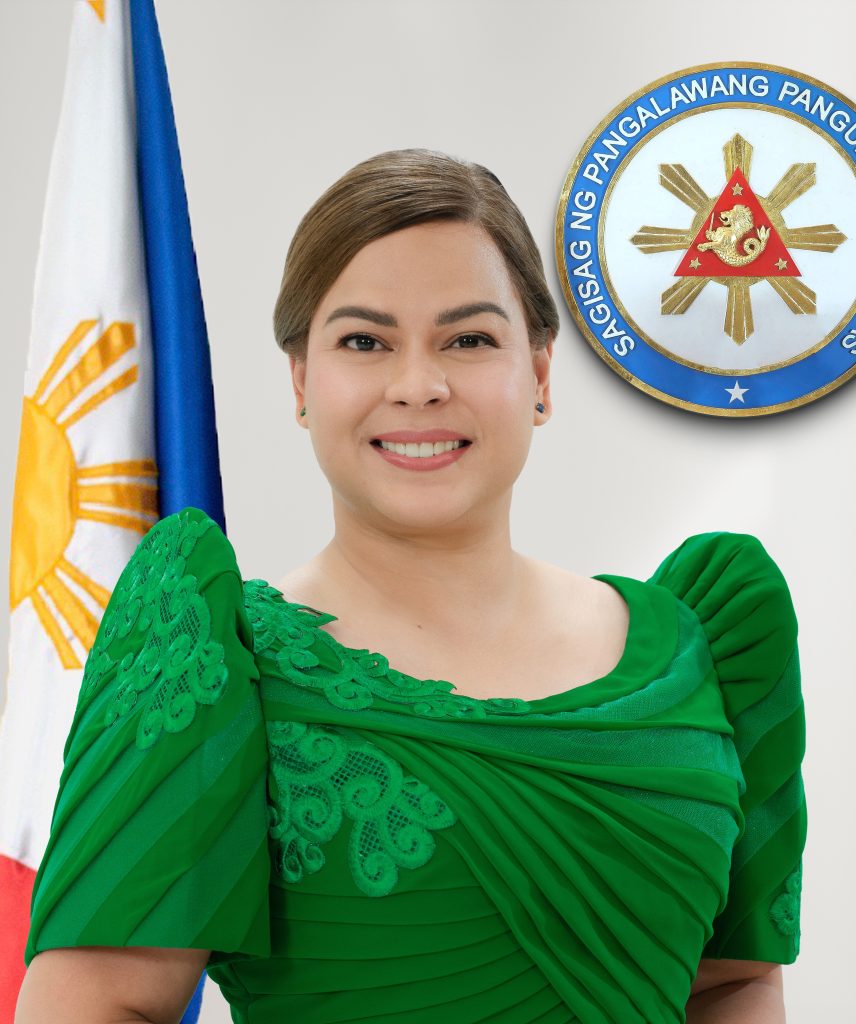
From the Streets to the Screens
By Joel Pagsanghan
Over the past decade or so, it has become clear that the arena for social activism has shifted from the streets to the screens – computer and cellphone screens, that is. Today, so much of the societal consciousness of people is dependent on what they see on the small rectangle of their devices. Those tiny screens are now everyone’s window to the world. What appears on them shapes our views on everything, from politics, religion and relationships to entertainment, fashion and food.
The heyday of the great street demonstrations and rallies are behind us – perhaps to be revived only during election seasons (I myself am a product of the rallies and marches of the 80s). The “public square,” the arena of discourse, has shifted over the years, as more and more people live a greater portion of their lives online.
We are already plainly aware of the effects of the internet and social media on the results of recent elections. In the 2016 elections, an organized, well-funded army of media strategists, influencers and trolls successfully portrayed Rodrigo Duterte as a strong and decisive alternative to an indifferent ruling elite. This online operation also successfully denigrated the centrist forces under the derisive name “dilawan.” It was so successful that since then, the genuine opposition has had to re-brand itself in order to escape from the “yellow yoke.” Duterte then proceeded to murder thousands of people in his drug war, betray the country’s interests in favor of China, and bite off large chunks of the country’s democratic institutions. In large part because of this organized social media operation, Duterte retained most of his popularity even after he left office – a difficult feat in Philippine politics.
Even fresher in our minds is the 2022 elections, where the Marcoses – using their version of the Duterte social media playbook – succeeded in rewriting the country’s dictatorship/kleptocracy experience and reintroducing the Martial Law period as a “golden age” in Philippine history. Part of their attempt to rewrite history was denigrating history itself, saying “history is chismis.” The current administration then proceeded to bring back traditional politics at its finest – where old and new political dynasties bargain or squabble over state resources. During this administration, most of what the country has achieved in the areas of good governance and accountability are merely by-products of elite competition.
Which brings us to Build Pilipinas (BP). It is a coming together of key leaders in the so-called “pink movement” and progressive business community who have committed to changing the dynamic of disinformation and reversing the “decay of discourse” in the country. Since surveys show that Filipinos are now sick of politics (I wonder why!), BP realizes that there is a need to weave the advocacy for better leadership within the larger fabric of Filipino life – in areas such as music, sports, showbiz, food, travel – everyday things that different people are interested in. Thus, the goal is to cultivate common ground with vloggers and influencers in different fields and encourage them to introduce elements of good governance advocacy in their content on Tiktok, Facebook etc. The point here is that enlightened citizenship should be part of everyday life, and can be manifested in sports, entertainment or whatever it is that an individual is engaged in. There is also an initiative to create more vloggers and content creators at the local levels so that the message of good governance and principled leadership can be amplified. Hopefully, when the next elections come around, we will have a social media army in various fields that can spread a coherent message – that there is a brighter, better way forward for this country.
This newsletter is an instrument for keeping the movement’s stakeholders and supporters informed about the latest developments and efforts to make this dream a reality. The pink movement has been criticized for not keeping its supporters engaged after the 2022 elections ended. This newsletter- and indeed Build Pilipinas – is an effort to not only preserve, but grow the movement organically – from the experiences and aspirations of ordinary Filipinos.
And so we begin.






